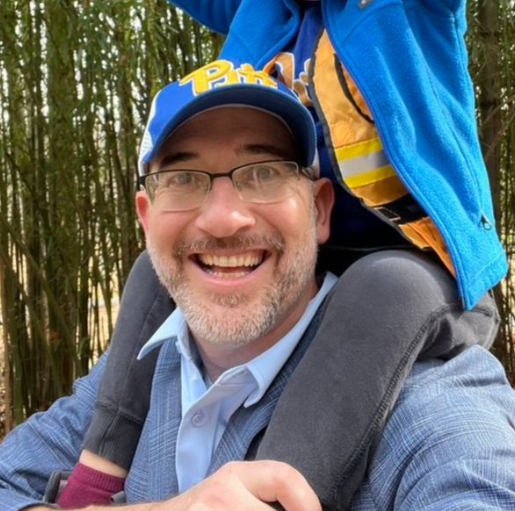Invited Speakers
Sunday, 22 February
Opening Plenary Session
18:00-19:00

Monday, 23 February
Parallel Session 01: Cancer Proteomics
9:15-10:35
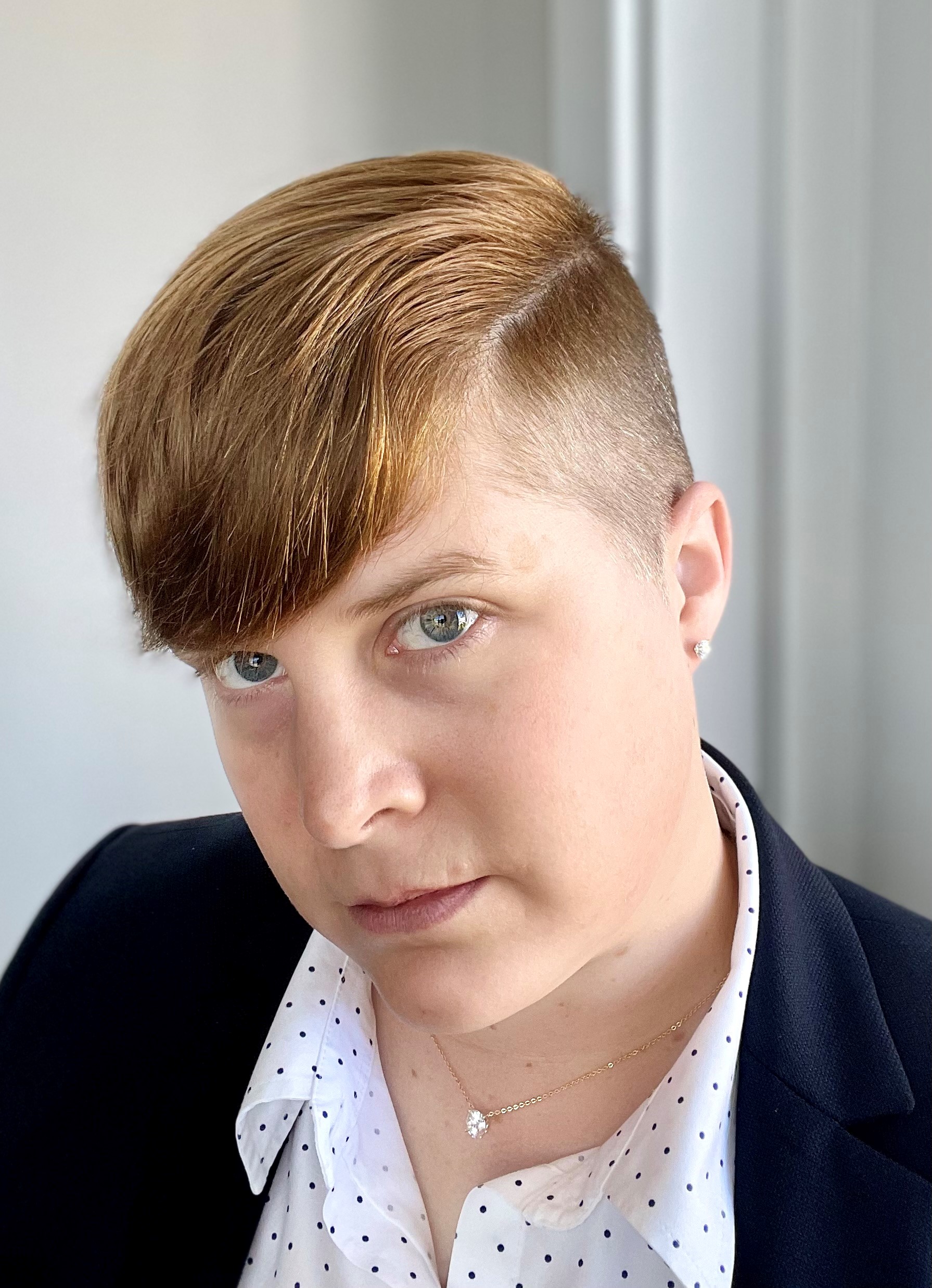
Parallel Session 02: Advances in Imaging / Spatial Proteomics
9:15-10:35
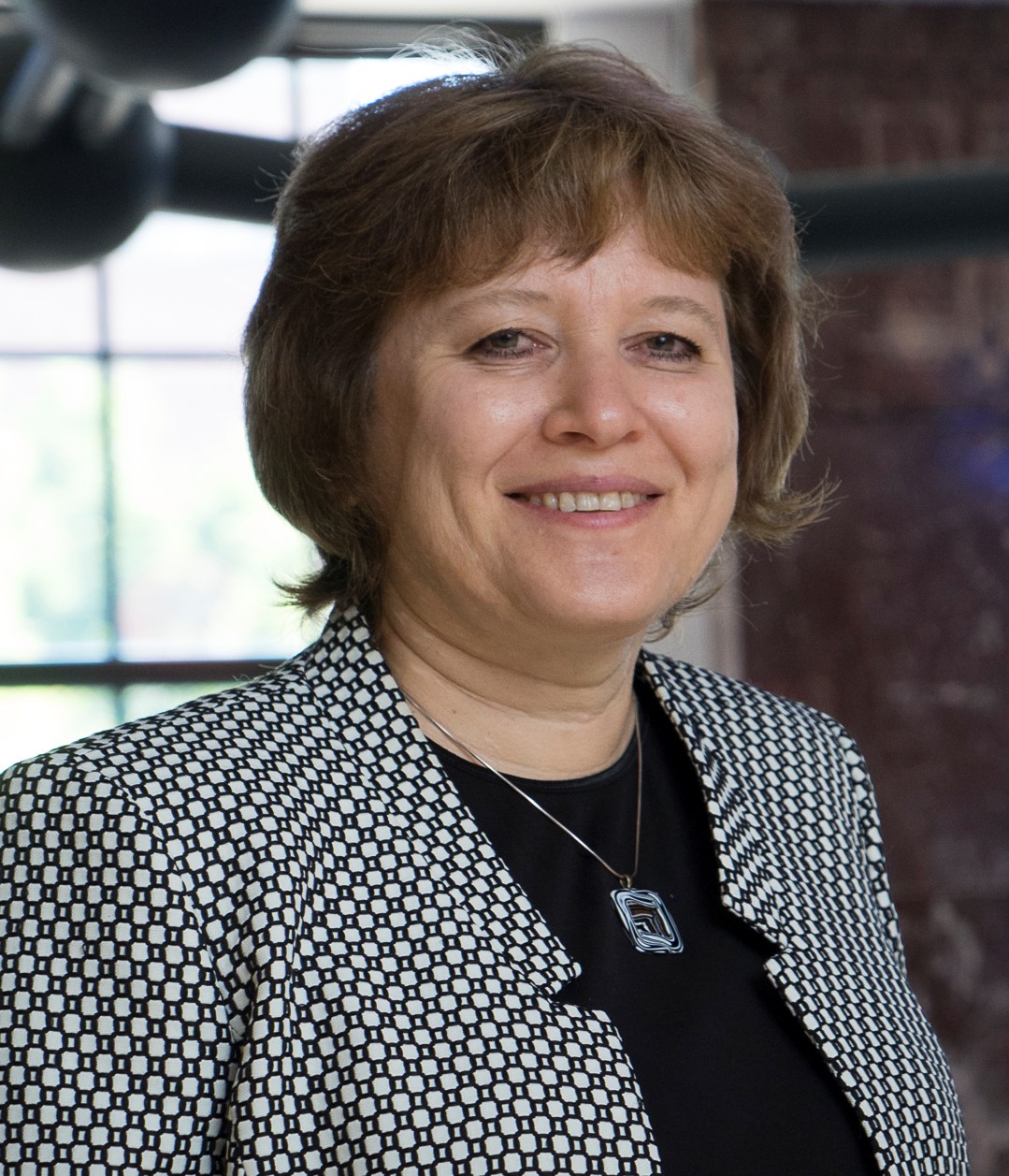
Parallel Session 03: Enabling Structural Biology with Proteomics
11:00-12:20
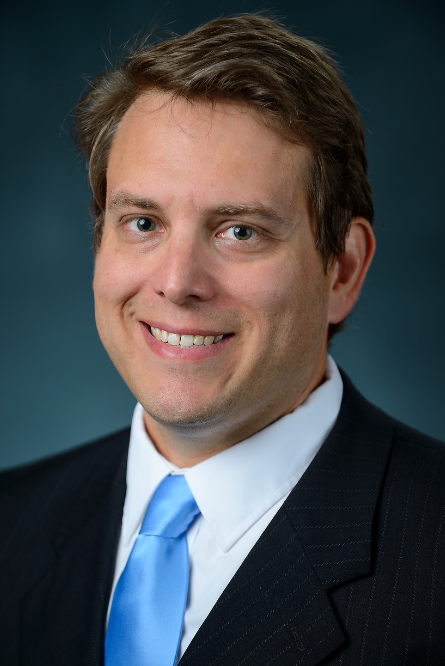
Parallel Session 04: Affinity Proteomics: Without Mass Spectrometry
11:00-12:20

Parallel Session 05: Proximity and Interaction Methods
13:40-15:00

Parallel Session 06: Cardiovascular and Pulmonary Disease Proteomics
13:40-15:00
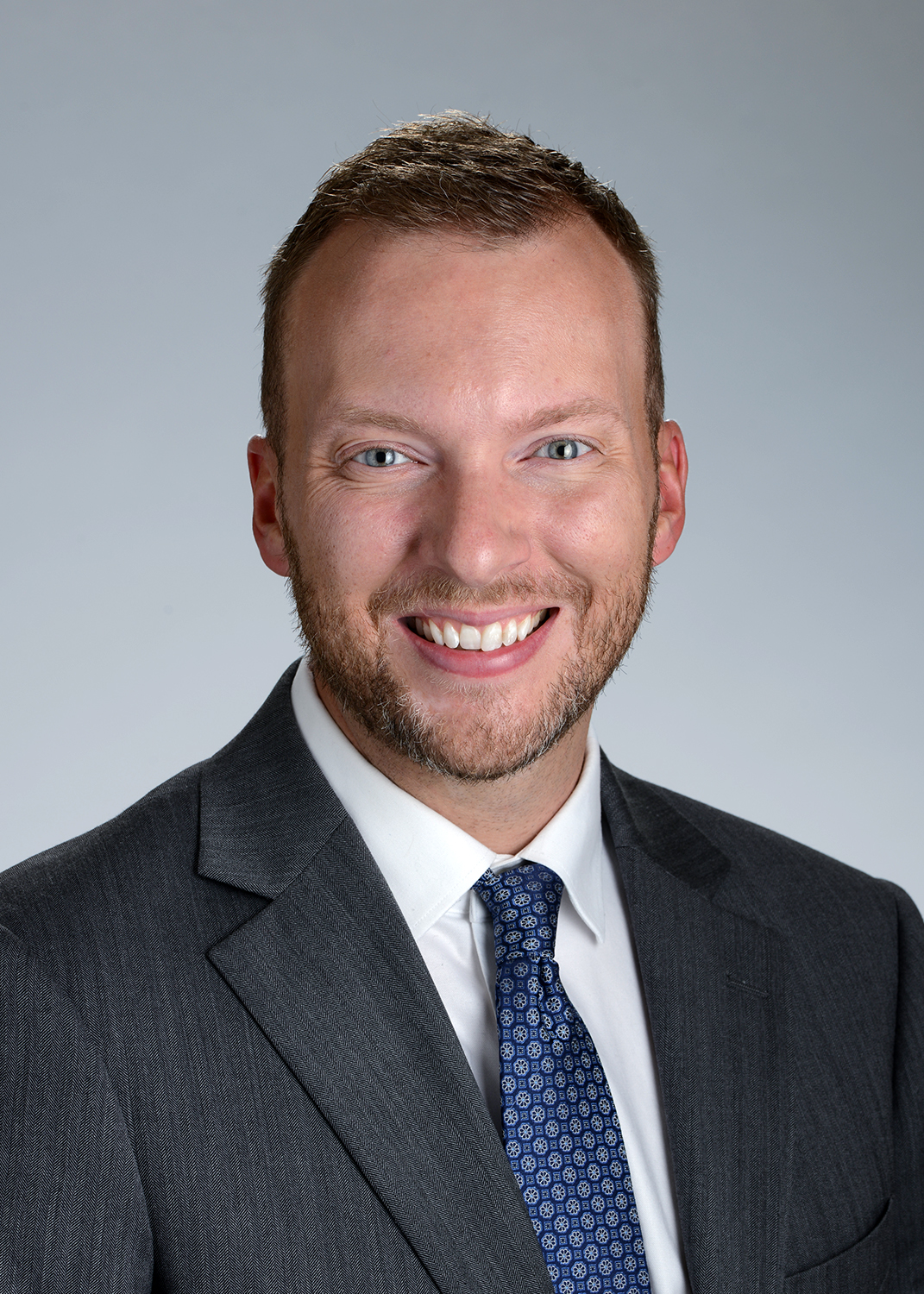.jpg)
Tuesday, 24 February
Parallel Session 07: Systems to Targets - Biomarker Prioritization
9:15-10:35

Parallel Session 08: Gastrointestinal Health and Metabolism
9:15-10:35
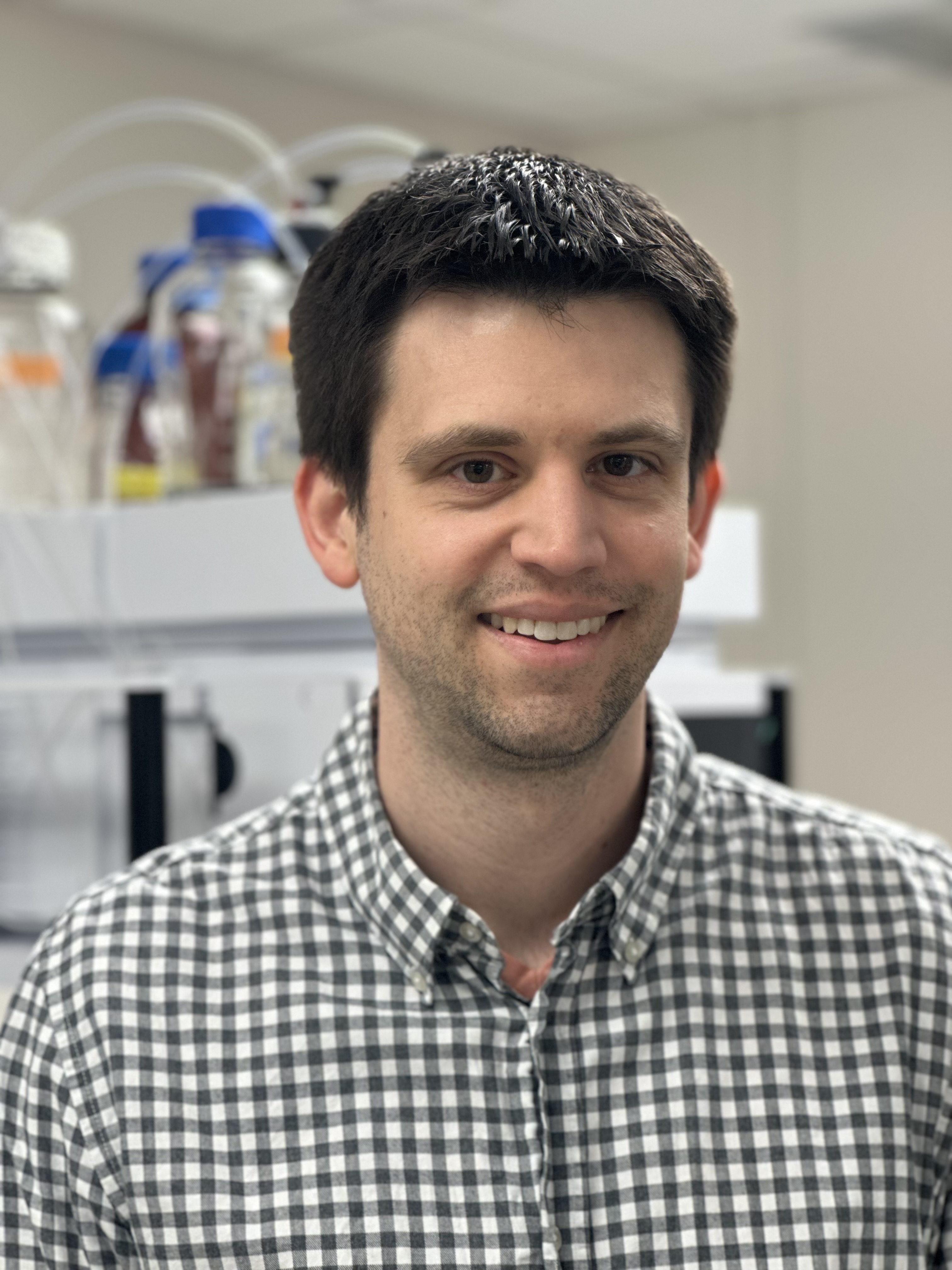
Parallel Session 09: Artificial Intelligence, Machine Learning, and Computational Analysis in Proteomics
11:00-12:20

Parallel Session 10: Neurological Disease Proteomics
11:00-12:20

Parallel Session 11: MS or Not to MS? Integration of Complementary Techniques for Proteome Investigation
13:40-15:00

Parallel Session 12: Methods for Proteoform Characterization
13:40-15:00
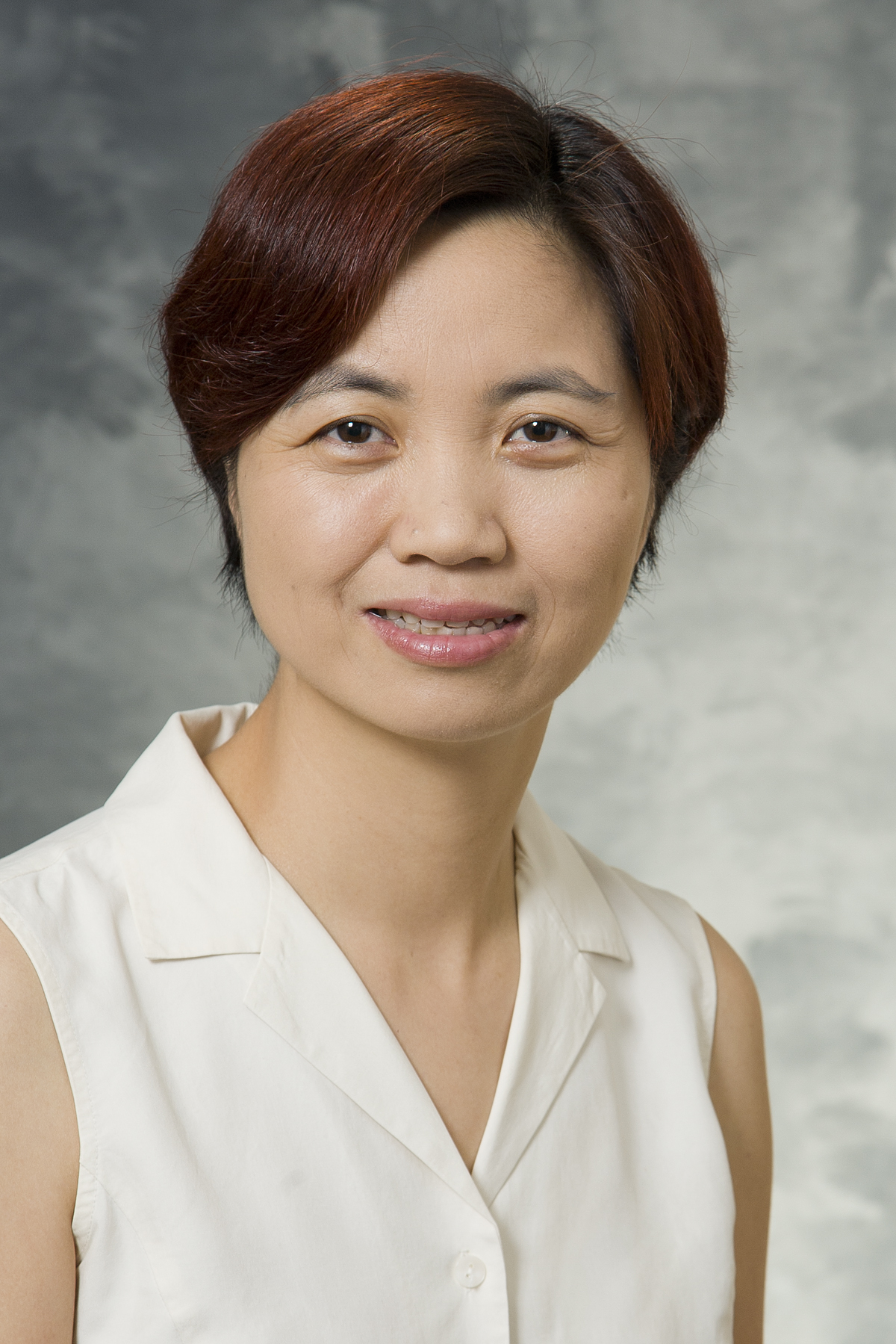
Wednesday, 25 February
Parallel Session 13: Drugging the Proteome
9:15-10:35
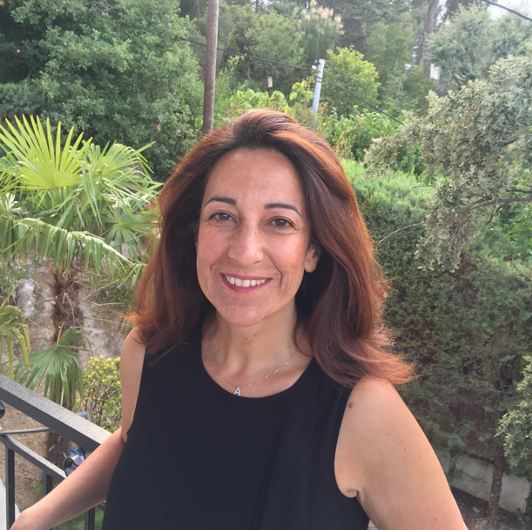
Parallel Session 14: Single Cell Proteomics
9:15-10:35
